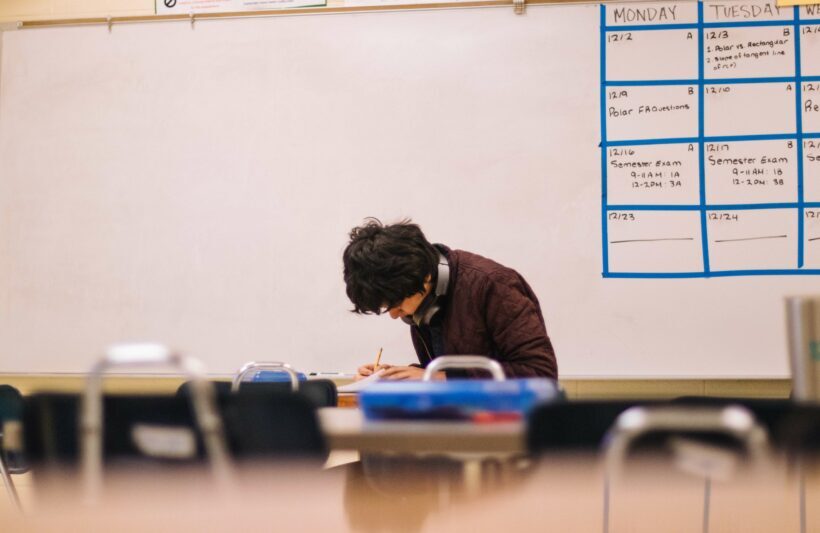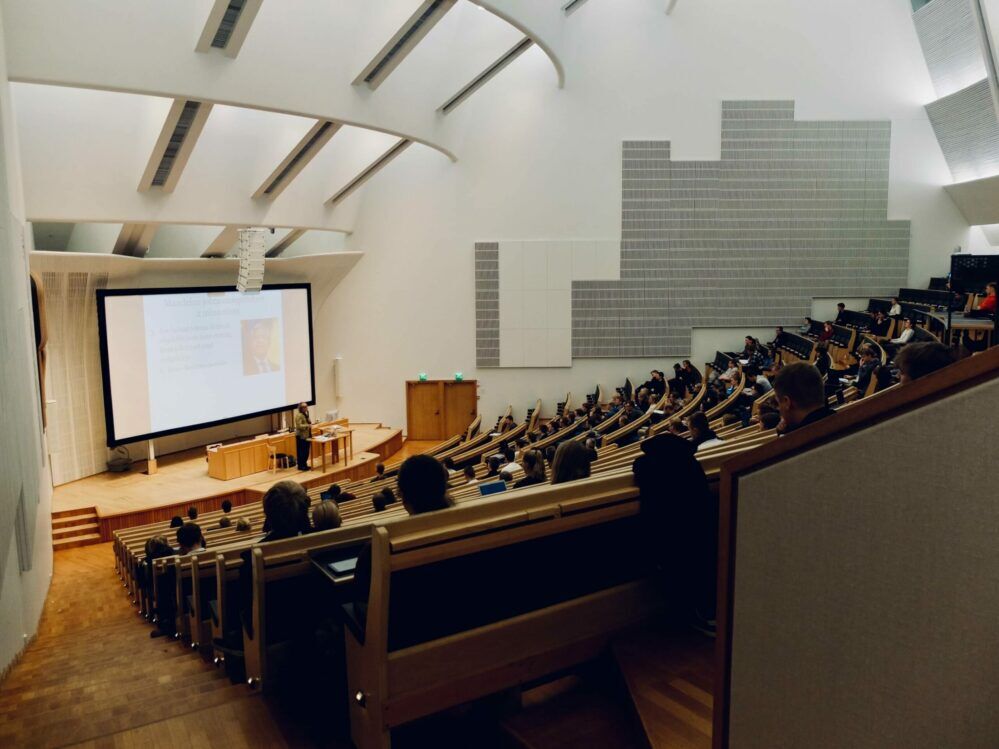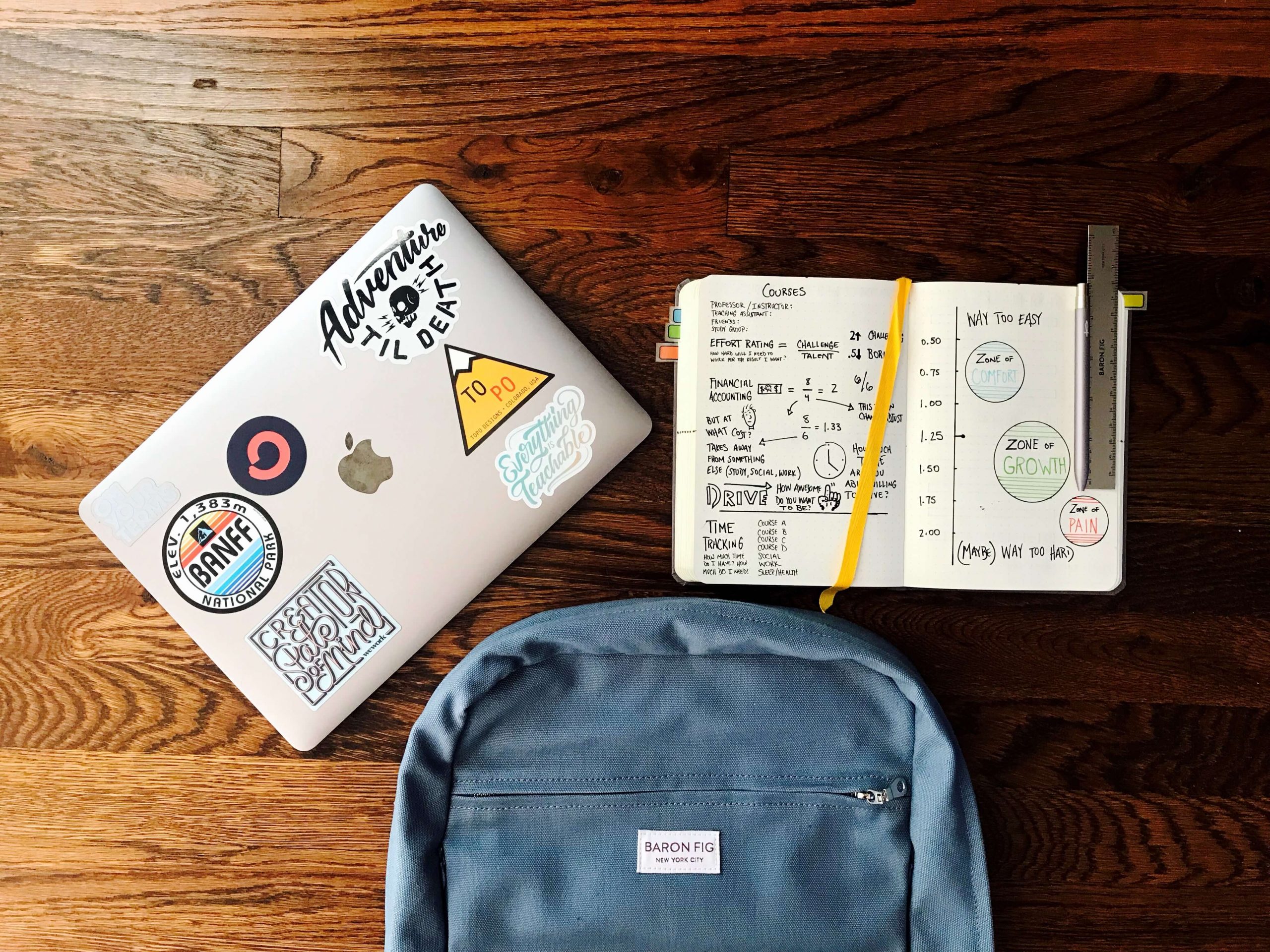Becoming a foreign exchange student is a rewarding experience. Many college students have either made up their minds to become foreign exchange students for a semester or just toying with that idea. Either way, your life will never be the same once you experience what it means to become a foreign exchange student.
This blog will help you become more familiar with the concept of becoming a foreign exchange student and explore exchange opportunities.
What is a Foreign Exchange Student?
As the name suggests, a foreign exchange student is a student who goes to a foreign country abroad to study and live as part of an exchange program. These students typically enroll in classes at a local university or high school as part of their educational experience.
Exchange students in the U.S. are encouraged to participate in extracurricular activities such as clubs, sports, arts, and volunteer work. These activities provide opportunities to meet new friends, immerse themselves in American culture, develop new skills, and enhance their overall experience. For example, joining a sports team not only promotes physical fitness but also fosters teamwork and school spirit.
7 Steps To Becoming a Foreign Exchange Student
Becoming a foreign exchange student can be exciting, but the process is not as much. You will have to do some research and careful planning, if you want to have a memorable experience.
You want to find the right exchange program, a host country, and find a scholarship If this looks intimidating to you, don’t worry! Our guide will provide you with the information you need before and during your application process.
1. Research study programs
If you have already decided on becoming a foreign exchange student, it’s time to research study programs. Ideally, you want to research programs during January to apply as early as possible, most preferably four months earlier.
The number one criterion that exchange programs have is academic success. If you’re in an excellent educational place, foreign exchange programs will most likely consider your application.
We’ve compiled a list of programs that are certified by the Council on Standards for International Student Exchange, and you can check them out yourself:
- NorthWest Student ExchangeAFS-USA
- American Scandinavian Student Exchange (ASSE)
- Council on International Educational Exchange (CIEE)
- International Student Exchange (ISE)
However, before deciding on a study program, think about the country you want to study in.
2. Identify the host country
Another important concern for foreign exchange students is choosing their country and university. When considering the country you want to study in, it’s essential to think about your head and heart. A good host country must have three things:
- Be safe
- Have a first-world health system
- Have no mass social unrest
Some countries may not be safe due to civil wars, oppression or discrimination against minorities, or because they don’t like foreign people. It’s essential to research your host country and check if it’s a safe country with a Western-standard medical system. After all, your health is your priority.
3. Choose the host university
After choosing your country, the next thing is to decide on a university. Here are some essential criteria to consider:
- Pick your discipline: You might find some interesting Bachelor’s or Master’s programs, but the most popular fields include finances, economics, marketing, health sciences, or public health.
- Decide where you want to study: Research about the country or university with the study programs you’re interested in. Also, consider career opportunities, living costs, facilities, or transport.
- Use search engines: Professional web platforms are helpful when you want to get information about a particular university and what options it offers. You can check websites like Bachelorsportal, Mastersportal, or PhDportal.
- Look for international University Rankings: The best ranking systems give an outline of international universities, such as
- U.S News Global Universities Rankings
- QS World University Rankings
- Times Higher Education World University Rankings
4. Provide language proficiency scores
If English is your second language, you will need to submit language proficiency scores. If your native language is English or your country uses English (75%), you don’t need to worry about this part.
Language requirements can vary between programs and countries. Specific programs require a B2 or C1 level of English, so you need to have proficiency scores in tests such as:
- IELTS – 6.5 or 6
- TOEFL and TOEFL IBT Home Edition 100 or 87
- Cambridge Certificate in Proficiency in English (CPE)
- Cambridge Certificate in Advanced English (CAE) level C1
- Deutscher Akademischer Austauschdienst (DAAD) B2 or C1.
5. Submit the application & supporting documents
If you want to impress everyone, make sure that you have written an excellent exchange application. After writing a killer application, you should find an agency to begin your application process. This multi-layered process includes:
- Information about your family and home
- Home visits
- Background checks
- References
If you filled out an online application, you are required to upload supporting documents, such as:
- Passport biographical page
- Transcript (in English)
- Proof of Bachelor’s degree if you’re applying for master’s courses
- Documentation of English proficiency
- Proof of financial support
6. Consider the financial aspect
The financial aspect is not a pleasant process for any student. Besides spending money on your academic year, you should also consider the expenses for your daily activities.
These are a broad overview of the costs because the costs can vary based on the institution, program, or length of study. Through exchange program providers, students can find host families, book rooms, or long-term apartments.
✅ Request information on BAU's programs TODAY!
7. Search for available scholarships
If you need extra help for your exchange program, you can always consider exchange student scholarships. The simplest thing to do is apply to as many scholarships as possible. But, always remember to check with your program provider and see if they offer partial or full scholarships. Here are some scholarship search websites to try:
State Department Exchange Programs
U.S. exchange programs provide opportunities for foreign students through their programs. The U.S. Department of State also offers opportunities for U.S. citizens who want to go abroad for professional exchange.
Opportunities for U.S. citizens
The U.S. Department of State provides scholarships for U.S. citizens who want to study abroad and live with host families for three weeks up to an academic year. Here are some scholarships offered to American citizens:
- Fulbright English Teaching Assistant Program
- Fulbright-mtvU Fellowship
- English Language Fellow Program
- Critical Language Scholarship Program
Opportunities for non-U.S. citizens
Non-U.S. citizens are always welcomed in the U.S., and the State Department provides scholarships for foreign exchange students who want to pursue an educational or cultural experience. Here are some available scholarships which offer many programs:
- American Council of Young Political Leaders (ACYPL)
- Fulbright Visiting Scholar Program
- Community College Initiative Program
- Edward R. Murrow Program
- Center Stage
The Bottom Line
Becoming a foreign exchange student is an enriching and transformative experience that opens doors to new cultures, languages, and personal growth. By following a structured step-by-step guide, students can navigate the complexities of preparation, application, and adaptation.
From researching programs and meeting eligibility requirements to immersing oneself in a new environment, each step contributes to a deeper understanding of the world and oneself. If you’re interested in becoming an exchange student in the U.S., contact us today at Bau.edu to learn more about our programs and get started on your journey!
Frequently Asked Questions (FAQs)
What is a foreign exchange student program?
A foreign exchange student program allows students to study abroad in another country, experiencing a different culture and education system while living with a host family or in a student dormitory.
How do I apply for a foreign exchange program?
To apply, you’ll typically need to research various programs, fill out an application form, provide personal and academic references, attend an interview, and submit any required documentation, such as transcripts and letters of recommendation.
What are the eligibility requirements?
Eligibility requirements vary by program but generally include being in a certain age range (usually 15-18), having good academic standing, and demonstrating a willingness to adapt to a new culture.
How long do exchange programs usually last?
Exchange programs can last anywhere from a few months to a full academic year, depending on the specific program and country.
What costs are involved in being an exchange student?
Costs can include program fees, travel expenses, insurance, personal spending money, and sometimes a contribution to the host family. Scholarships may be available to help offset these costs.
Will I need to know the language of the host country?
While many programs do not require fluency, having a basic understanding of the host country’s language can be beneficial and can be required by some programs.













